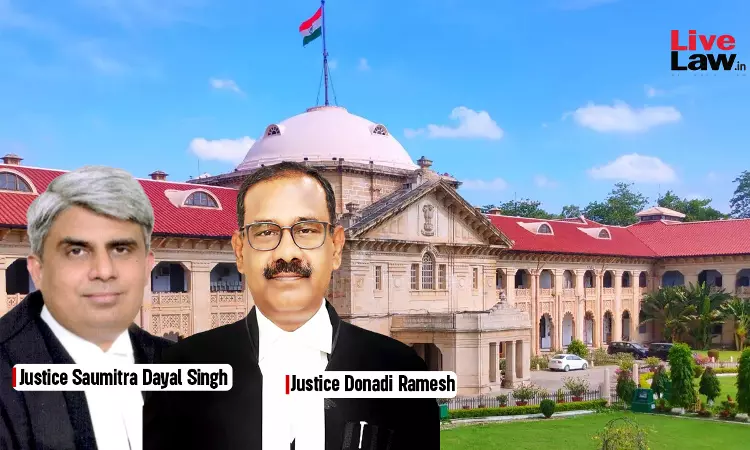236 Applications For Senior Designation Pending: Allahabad HC Observes While Dismissing Challenge To 2019 Senior Designations
Upasna Agrawal
7 Sept 2024 5:58 PM IST

Next Story
7 Sept 2024 5:58 PM IST
While dismissing challenge to 2019 Senior Designations conferred by the Allahabad High Court on various advocates, the bench comprising of Justice Saumitra Dayal Singh and Justice Donadi Ramesh observed that 236 applications for senior designation are pending before the High Court which are to be processed.Observing that even though Supreme Court has held that Senior Designations should...
